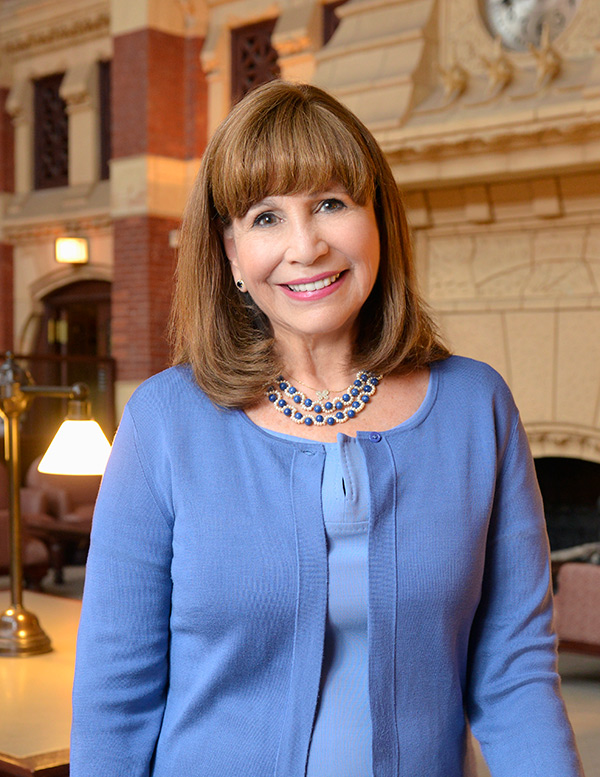Immigration and Teachers College

In addition, TC has a special imperative when it comes to welcoming immigrants. TC was founded 130 years ago as a College that would prepare teachers to work with immigrant students and their families, who had recently fled poverty, war, and prejudice – and who were still encountering bias and penury. From the start, TC has valued cultural understanding as an essential element of teaching and learning.
Anti-immigrant hysteria was on the rise in 1880 when Grace Dodge created her “kitchen garden” school in Greenwich Village for poor, immigrant women. Two years later, Congress passed the country’s first major anti-immigration law: the Chinese Exclusion Act, which for many years effectively prevented the Chinese from entering the U.S. or becoming citizens. It was in this period that the kitchen school developed into what is now Teachers College.
In 1899, when national politicians, leaders, and journalists were spreading fear about the so-called “Yellow Terror,” TC Dean James Earl Russell developed the nation’s first comparative and international education program.
Rising national sentiment against immigration (primarily of Italians, Eastern European Jews, and Asians) in the early 1920s led to passage of the Immigration Act of 1924, which placed harsh restrictions on the immigration of Southern and Eastern Europeans and Africans, and banned immigration of Arabs and Asians altogether. In signing the act, President Calvin Coolidge said, "America must remain American." It was just at that time that TC Professor Paul Monroe established the Institute for International Education, which quickly led to a doubling of TC’s international student body.
TC has always looked forward, even at times when it seems like the world has taken a step back. We believe that education is always the best hope for a better future, and that we have the resources, the technology, the minds, and the will to keep helping to create a healthier and more just and peaceful world. Our faculty and students will continue to aid global refugees in gaining access to formal education and mental health support. They will continue to advance the awareness and understanding of Islam and other religions and cultures in our classrooms, health clinics, and workplaces. They will maintain their efforts on projects underway to bring into our schools the comprehensive study of the African diaspora and its effect on today’s struggles for racial and social justice. Today, our Bilingual Latina/o Mental Health concentration is the state’s only program offering culturally appropriate training in delivering mental health services in Spanish to Latinas/os. And our online Bilingual Speech Language Pathology advanced certificate program is scheduled to launch in May.
And we will maintain our commitment to doing all we can to ensure the safety of our international students and our educational promise to them. TC’s history and mission bind us to the charge of Grace Dodge to offer everyone in our community not only the education and opportunities they deserve, but also a recognition and embrace of their full-fledged humanity. As James Earl Russell said in memorial tribute to our founder, “Her spirit of consecrated devotion to the alleviation of human suffering and the elevation of human ideals is so incarnated in our institutional life that it must abide with us as her most sacred legacy.”
It’s that legacy that we promise to proudly and continuously uphold for our current students—including our 1,433 international students—and the many more to come to TC in the future.
Susan Fuhrman
President
[ Also Read: A TC Moment to Rethink and Renew Civic Education ]
Published Thursday, Feb 2, 2017